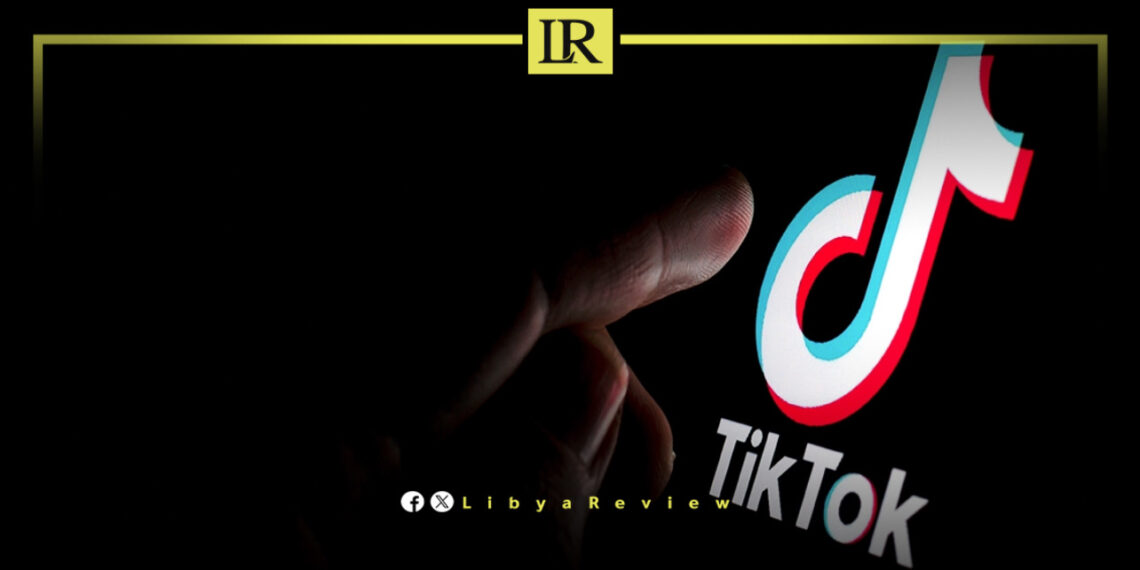Libyan human rights organizations have raised concerns over the increasing signs of addiction to social media, particularly the TikTok app, among users in the country.
In a statement released on Tuesday, the organizations revealed that they had observed videos and recordings showing Libyan teenagers actively following dozens of “influencers” of both genders on the platform.
The organizations pointed out that TikTok does not adequately consider age differences, with many videos featuring Libyan youth, both male and female, in live broadcasts engaging in conversations and activities without restrictions.
Among the most alarming violations observed were the interactions between certain influencers and minors, with live broadcasts becoming a venue for bullying and the exploitation of children for ridicule, increasing follower counts.
The organizations stressed that the mental health of children is now at risk due to the content shared by these so-called celebrities on TikTok. With the absence of a genuine governmental educational media presence for children, young people in Libya are becoming increasingly isolated and disconnected from institutional guidance. Instead, they are subjected to “personal content” shared by influencers who fail to recognize the threat they pose to the minors following them.
Libya has been in chaos since a NATO-backed uprising toppled longtime leader Muammar Gaddafi in 2011. The county has for years been split between rival administrations.
Libya’s economy, heavily reliant on oil, has suffered due to the ongoing conflict. The instability has led to fluctuations in oil production and prices, impacting the global oil market and Libya’s economy.
The conflict has led to a significant humanitarian crisis in Libya, with thousands of people killed, and many more displaced. Migrants and refugees using Libya as a transit point to Europe have also faced dire conditions.
The planned elections for December 2021 were delayed due to disagreements over election laws and the eligibility of certain candidates. This delay has raised concerns about the feasibility of a peaceful political transition.
Despite the ceasefire, security remains a significant concern with sporadic fighting and the presence of mercenaries and foreign fighters. The unification of the military and the removal of foreign forces are crucial challenges.


